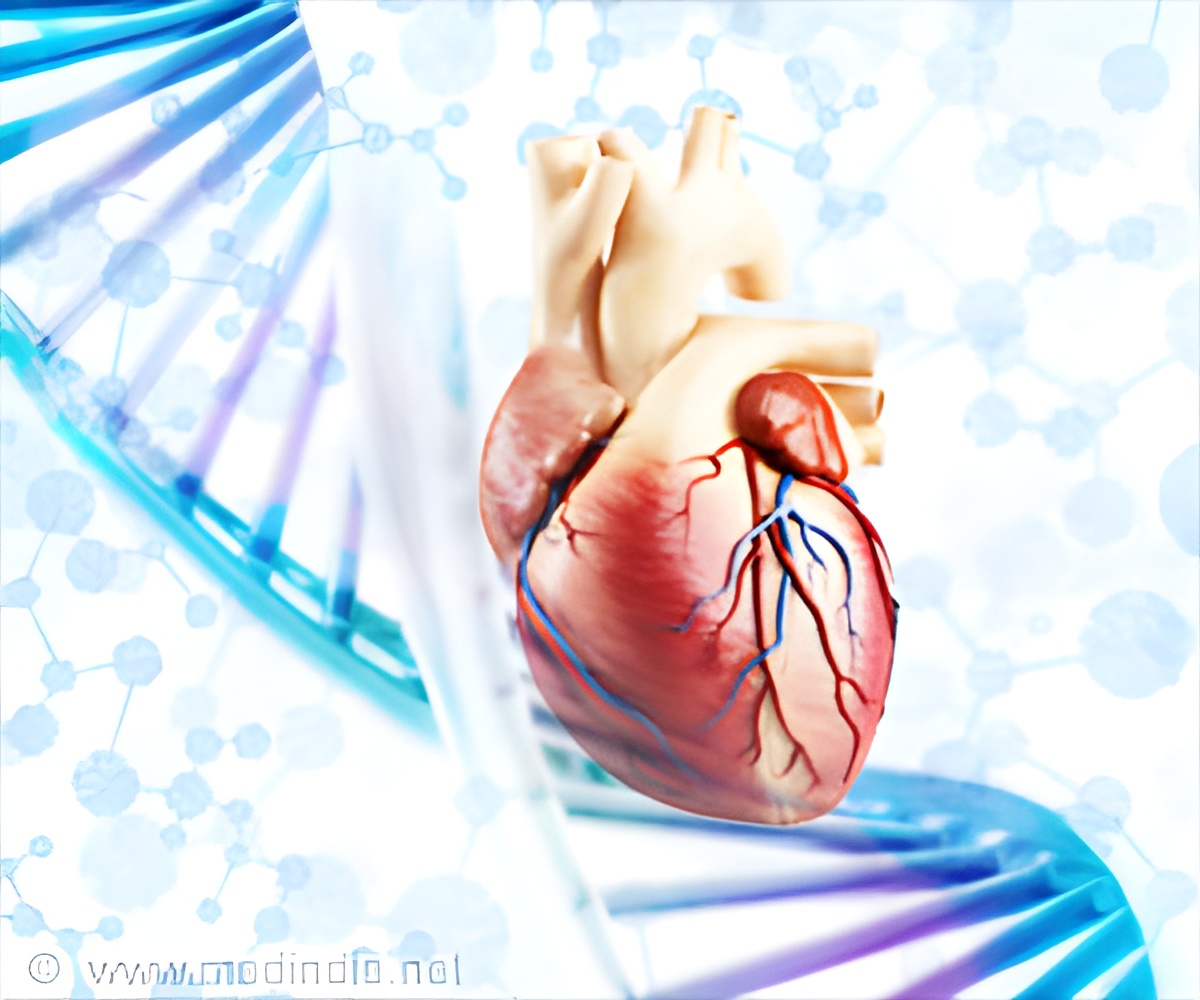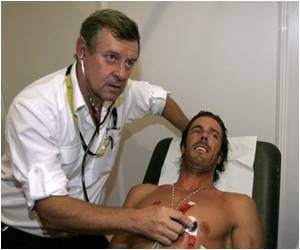Gene therapy has been employed to develop the first successful biological pacemaker in a pig model. Gene therapy can convert cardiac cells into a pacemaker.

What is gene therapy?
Several medical conditions have been found to be due to genetic defects. Gene therapy is a type of treatment that can possibly be used to treat such conditions. It involves either correction of the abnormality in the gene or introducing a correct gene to take on the function of the defective gene. Currently, gene therapy is under investigation for its use in several diseases which include:- Cystic fibrosis
- Cancer
- Blood disorders like sickle cell anemia and hemophilia
- Nervous system disorders like Parkinsonism and Alzheimer’s disease
What is a cardiac pacemaker?
The continuous and rhythmic movements of the heart are controlled by an inbuilt electrical system. This consists of two nodes, the sinoatrial and atrioventricular nodes, which control the rate and rhythm, bundles of nerves connected to the pacemakers and the Purkinje fibers that carry impulses to the muscle of the heart. The sinoatrial node (SA node) generates the impulse which travels to the atrioventricular node (AV node); the AV node controls the spread of impulse to the heart via the Purkinje fibers.Disorders in the nodes can result in a heart block. Patients with complete heart blocks are treated with artificial pacemakers. Artificial pacemakers are associated with complications which include:
- Infection
- Bleeding
- Damage of lungs or heart
If the same experiment can be reproduced in humans and is successful, it would be beneficial for several individuals who suffer from complications with the current pacemakers. Since the procedure is minimally invasive and does not require open surgery, the recovery is also likely to be better.
However, it would still take some time for this procedure to be used clinically in humans. The study was carried out only for 14 days, thus the long-term efficacy of the biological pacemaker cannot be established.














